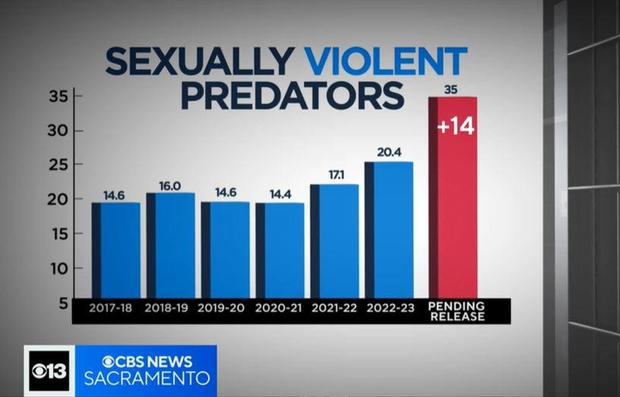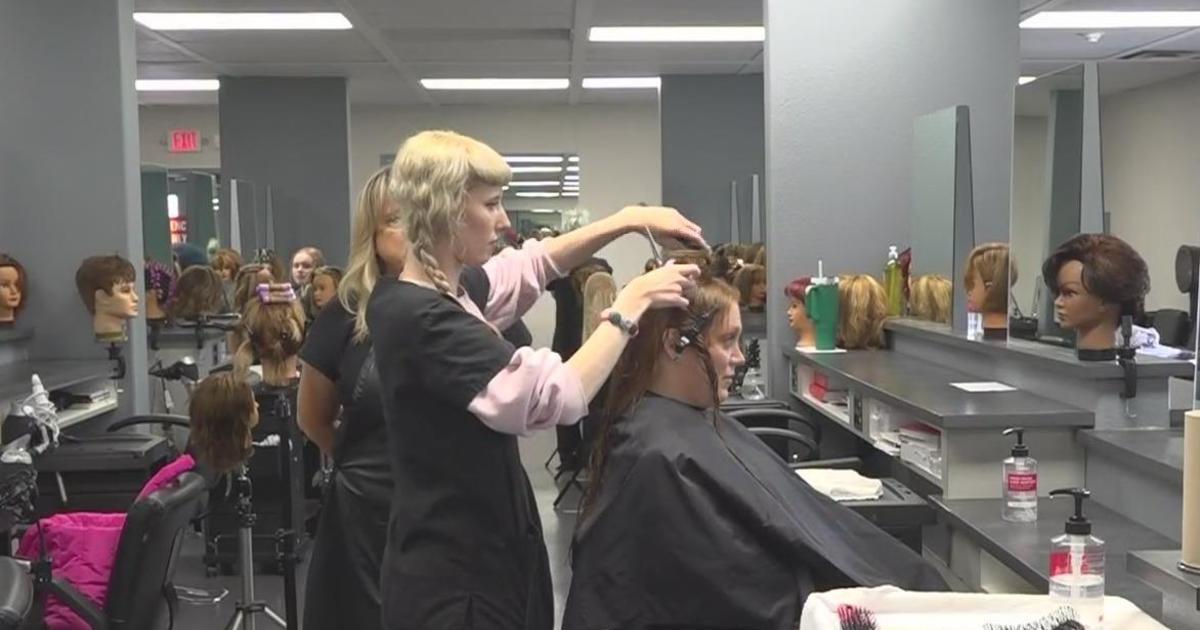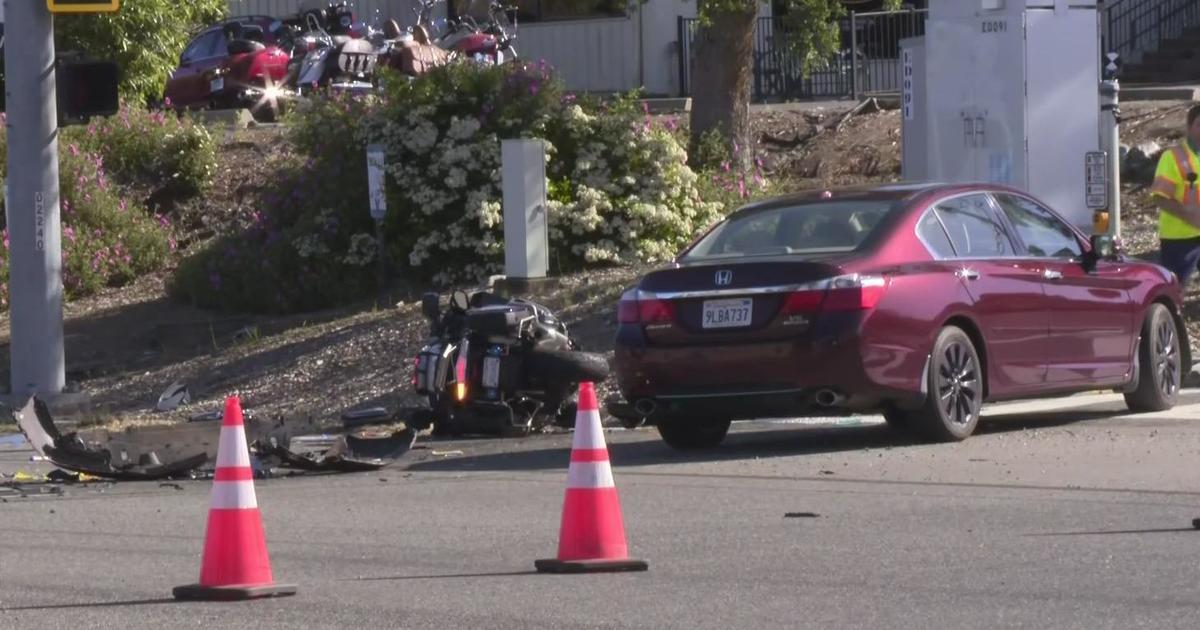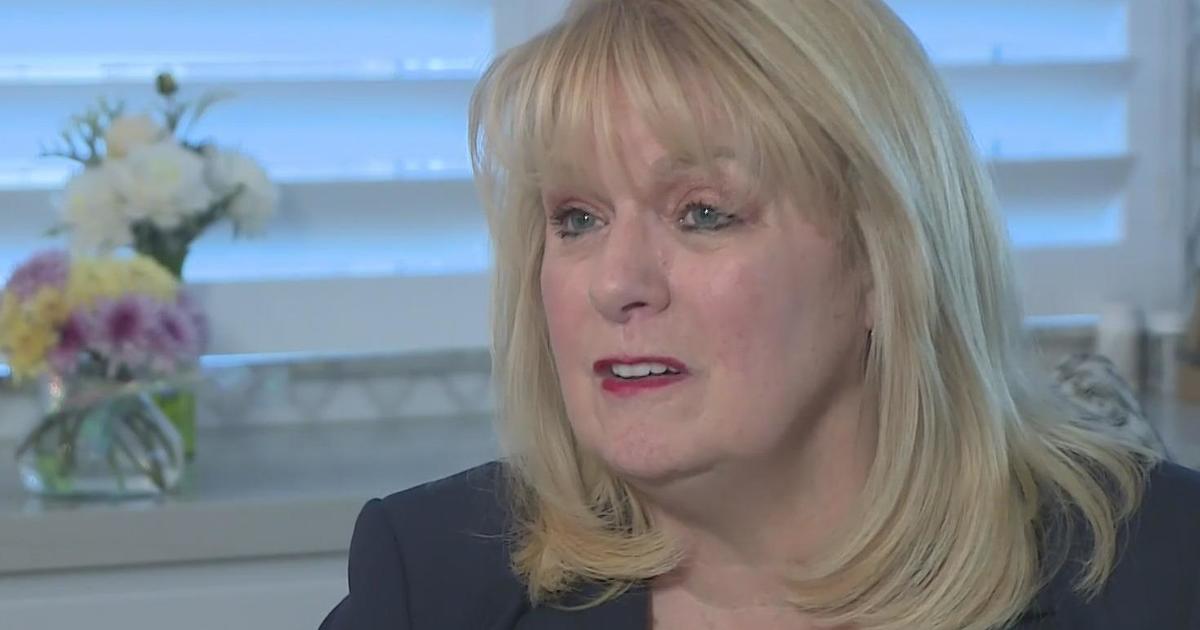California set to see spike in "Sexually Violent Predators" released – Will more get "transient release" due to lack of housing?
A battle between two counties over where to place a sexually violent predator is over, but it's not the outcome anybody wanted. Since the state couldn't find a suitable home, sexually violent predator William Stevenson is set to be released on transient status.
Through a combination of court records, public records, and government reports, CBS13 has identified a recent spike in the number of sexually violent predators (SVP) pending conditional release (CONREP) from the California Department of State Hospitals (DSH) into California communities.
If transient release is the only option for Stephenson, what about all the others?
DSH would not comment on a possible increase in transient releases, but they acknowledge transient release has a 50% failure rate. Stephenson recently argued in court that if lawmakers thought transient status was unsafe, "they could have put that language into the law. They have chosen not to." In response, lawmakers, and the Placer County DA, say they are working on "legislative solutions" to prohibit future transient release.
What's behind the sudden increase in the release of sexually violent predators?
DSH would not comment on the reason for the recent increase in releases, noting it "has not done an analysis." Lawmakers recently ordered a state audit of the Sexually Violent Predator Conditional Release Program (SVP CONREP), though the initial audit scope does not specifically include an analysis of the sudden increase in SVP CONREP releases.
By The Numbers: Sexually Violent Predators
(SOURCE: Sex Offender Management Board 2022 Year-End Report)
- 900 Sexually Violent Predators (Per SVP Law) under DSH care.
- 21 SVP-committed individuals in the Conditional Release Program (CONREP).
- 14 more pending placements, recently ordered to SVP CONREP.
- 30% increase in SVP CONREP releases between 2021 and 2022.
- 54 SVPs released on SVP CONREP since the SVP law was enacted (1996).
- 1/3 (19) completed SVP CONREP and are fully discharged/reintegrated into the community.
- 1/3 (17) have failed/had CONREP revoked (Per DSH PRA).
- Additional DSH statements to CBS Sacramento:
"There have been no physically violent crimes perpetrated by any patient in CONREP SVP."
"Some patients revoked from the program achieve CONREP again."
"CONREP SVP participants can be temporarily returned to the state hospital, typically 90-120 days, without revocation."
A "Sexually Violent" History
From the shores of Lake Tahoe, to the suburbs in Roseville, to rural Amador County, there have been decades of concern over one man with nowhere to go.
William Robert Stevenson is a legally designated sexually violent predator, or SVP, meaning he was convicted of sexually violent crimes and then diagnosed with a mental disorder that makes him likely to engage in sexually violent criminal behavior.
Court records reveal a long history of treatment and re-offense.
He began exposing himself to high school students in the early 1980s when, Stevenson said, he "got hooked on the behavior … on the adrenaline."
His "criminal sexual behavior escalated to assault" in 1985 when he was placed on probation and received treatment for the first time.
Then, in 1990, he was convicted of two sexual assaults at a Tahoe beach – threatening the women with a knife. Though court records show "he estimated … he committed about 20 sexual offenses" before that.
He served about half of his 31-year prison sentence. Instead of being released, he was deemed a sexually violent predator and was civilly committed to treatment at a state hospital. In 2014, state doctors determined it was safe to conditionally release Stephenson in Roseville.
While his known crimes did not involve children, he was re-arrested in Roseville in 2017 for possession of child pornography and sent back to the state hospital for treatment once again.
At the time, neighbors said they planned to build a park or daycare to prevent future SVPs from being placed in their neighborhood. The state must consider proximity to things like parks, schools, and victims when placing a sexually violent predator.
No Place To Put Him
Now, state doctors say Stephenson is once again well enough for release – but this time, they can't find anywhere to put him.
The state's contractor, Liberty Healthcare, says they can't find suitable housing in Placer County, his so-called domicile county, or in Sacramento County where Stephenson has family.
They did find a home in unincorporated Amador County. But due to domicile technicalities from a new law, he's now required to stay in Placer County.
Sources with familiarity with the case explain that the recently enacted SB 1034 required the creation of a housing subcommittee in the domicile county (Placer) to prove extraordinary circumstances before an SVP could be placed somewhere else (Amador). That didn't happen in Stephenson's case because that law didn't exist in 2022 when they were searching for housing.
The Department of State Hospitals (DSH) is supposed to organize the housing subcommittee. Until it does, the domicile county (Placer) can't argue for extraordinary circumstances to move an SVP. Stephenson's case is the first impacted by the new rule under SB 1034.
What Is "Transient" Release?
Because the state can't find housing, and Stephenson has due process rights, his attorney requested a transient release. In May, the judge in the case acknowledged it was not the safest option.
"As, I think, we all would agree that transient release is not ideal, it's not safe or appropriate for anybody involved," Judge Garen Horst said in a May hearing.
However, he is now granting transient release.
It's important to note that transient release does not mean Stephenson won't be supervised. He is still supposed to have weekly drug screenings, polygraph tests, therapy, and 24/7 GPS monitoring.
Stevenson testified that he knows all the men who've failed on transient release, noting most were placed in motels where they were tempted by prostitution and drugs. Instead, the state wants to buy Stephenson in an RV or trailer but hasn't identified where they'll park it.
The judge acknowledged that "it's going to be costly" to supervise Stephenson on transient release, but he pointed out that there is "no limit" to the state's resources for SVPs on conditional release.
According to DSH data obtained through a Public Records Act request, taxpayers spend over $400,000 per year per released predator. The median annual cost per SVP is $439,071 – leaving some like Stevenson with plenty of money for state-supported housing but nowhere to go.
By The Numbers: Transient Release
(SOURCE: Liberty Health Care Testimony)
- 54 total SVPs released on CONREP since the SVP law was enacted in 1996.
- 8 of them were released on "transient status".
- 4 of them "were revoked or rehospitalized for serious violations".
- 3 "of those" were hotel/motel placements .
A representative for the state contractor, which is tasked with finding housing and supervision for the SVPs on CONREP, testified that monitoring SVPs is easier in a fixed residence with hardwired phone and internet lines.
The representative from Liberty Healthcare cited state data in court that revealed SVPs on transient release have a 50% failure rate.
"It's more difficult supervision," said Placer County DA Morgan Gire.
Gire fought to keep Stephenson from being released at all based on his unsuccessful history of treatment and release. The judge granted release anyway based on the recommendation of state doctors.
"It's ultimately the opinion of the doctors who evaluate that person," Gire said, and oftentimes, we as prosecutors disagree with those assessments"
However, he acknowledges, now that the judge has granted release if the state can't find a home in a timely manner, transient release becomes the only option under current law.
"There are due process rights," Gire said.
Coming to his own defense at a recent court hearing, Stevenson argued that if lawmakers felt transient release was unsafe, there would be a law prohibiting it. "(T)hey could have put that language into the law. They have chosen not to," Stephenson argued.
Should There Be A Law?
"Stevenson has pointed out that there is a gap in the law and it should 100% be changed," said Placer County Assemblyman Joe Patterson, noting that Stevenson has already failed his conditional release once.
The Republican Assemblymember has unique historical knowledge of this issue. He worked to help create the Sex Offender Management Board (SOMB) early in his career as a legislative staffer for the then-co-chair of the High-Risk Sex Offender Task Force.
"I don't think the legislature felt like they needed to clarify that you can't put people out on transient status," Patterson said. "But we are definitely going to clarify that next year. I don't accept that they can't find housing for them. They have to find housing for them, that's their job."
"There should be a law," added State Senator Marie Alvarado-Gill who represents both Placer and Amador counties.
"My counties are rural communities where typically you see the dumping of sexually violent predators," Alvarado-Gill said.
However, the Democratic Senator says she wants to do more research and take the temperature of her Democratic colleagues, noting the difficulty of getting legislation through the powerful, and progressive, Assembly Public Safety Committee.
DA Gire says his office is also pursuing legislative solutions, noting this issue extends beyond Placer County. He'd like to see legislation that, among other things, addresses transient release and analyzes surplus state land for housing.
Data Reveals A Pending Spike in SVP Releases
Through a combination of court records, public records, and government reports, CBS13 has identified a recent spike in the number of sexually violent predators (SVP) pending conditional release (CONREP) into California communities.
As of October, there were more than a dozen sexually violent predators pending release into California communities.
Additional state data, obtained through public records requests, reveals a spike in the number of SVPs out on conditional release. There were 14 as of June 2021. By March 2023 that number had increased to 21.
A recent state report notes a 30% increase in just one year, but it appears that number is about to increase even more.
According to state records, there are 14 more SVPs pending placement – which would total at least 35 SVPs on CONREP once they are released. A 150% increase since 2021.
"We need to figure out why there is such an increase. It's very concerning to me," Patterson said when we shared the data with him.
"We don't know who's making the decisions. We don't know how the decisions are being made," Alvarado-Gill said.
The California Department of State Hospitals tells us: "DSH has not done analysis on this."
Lawmakers have ordered a state audit, though the initial audit scope does not specifically include an analysis of the sudden increase in SVP CONREP releases.
Both Liberty and the DSH declined interview requests but did provide data and public records.
Stevenson's attorney has not responded to our request.
Despite the seemingly high failure rate, the state says none of the released SVPs have committed new "violent crimes."





